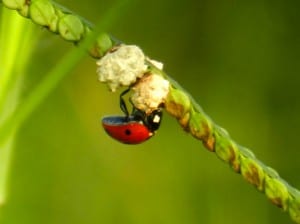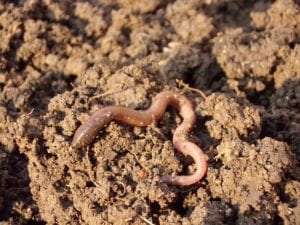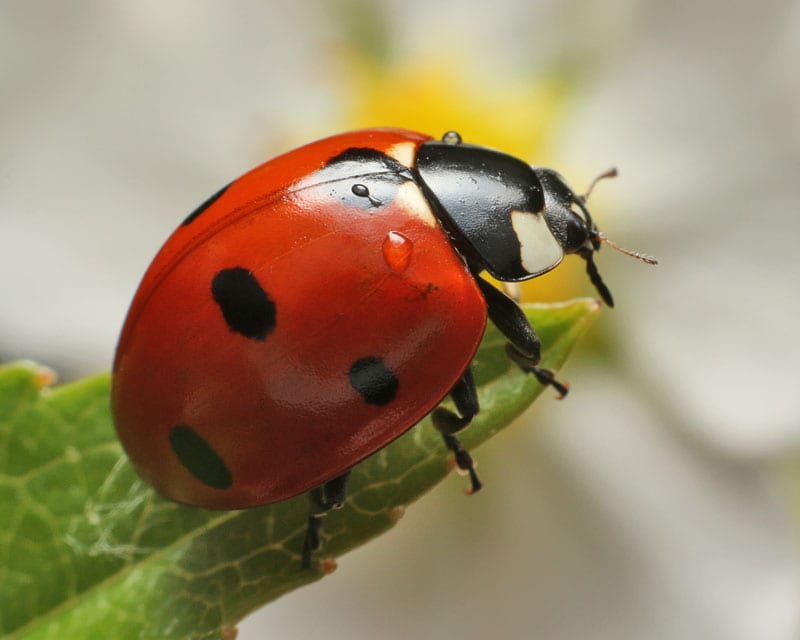Inviting beneficial insects into your San Antonio landscape is a great way to help you naturally fight off pest problems we face while gardening in our city.
Beneficial insects are helpful insects that make their living by devouring your garden pests, working tirelessly to pollinate, and improving your garden or garden soil. Beneficial insects may include ladybugs, praying mantid, beneficial nematodes, bees, earthworms, Green lacewings, and more. If you invite them into your landscape, they will be more than willing to clean it up for you. Take a look at our tips to attract beneficial insects to your landscape with the tips below.




5 Tips for Attracting Beneficial Insects to Gardens
1. Don’t kill the beneficial insects. This seems logical, but sometimes folks forget that broad-spectrum pesticides are not selective. This means that although you’ll kill off offending pests, you’ll also kill off any beneficial insects that were coming in to take care of your pest problem in the first place. If you must spray, choose your products carefully, opting for the least toxic product specific to your immediate problem.
2. Water features like birdbaths or saucers offer beneficial insects a source to drink from. All living creatures need water to survive and beneficial insects are no different. If they can’t find it at your house, they’ll fly the coop in search for it elsewhere.
3. Allow a few pests to reside in your gardens. There’s nothing better than offering a free meal to attract benefical insects. The good guys will lay their eggs where there are pests so that their young have an ample food source.
4. Plant a garden full of nectar and pollen plants, as well as plants of different heights. Bees and moths are examples of beneficial insects that don’t eat pests, but work tirelessly to pollinate our landscapes. They need these nectar plants for food and energy.
For nectar and pollen, daisy-like blooming plants are great (zinnias, fall aster, copper canyon daisy), as well as herbs that flower. Plant some herbs for culinary purposes, and some to let flower for the pollinators. Dill, fennel, rosemary, basil (African Blue is amazing), mint, rue, bee balm are great, as well as many more options.
Plants of different heights allow for a variety of beneficial insects to feel comfortable in their surroundings.
5. Provide mulch for beneficial insects that stick close to the ground. The mulch will help keep them cool and moist during the day, and they’ll crawl out at night to feast on slugs and cutworms during the nighttime hours.
Many organic gardeners opt for letting nature take its course as opposed to choosing even organic pest control products. These gardeners tend to follow the tips listed above to guarantee they have plenty of beneficial insects. A little wear and tear on their gardens and landscapes in order to have a completely pesticide-free environment is a sacrifice they feel is worth making. Always remember, gardening is NOT a perfectionist’s hobby.
~The Happy Gardener, Lisa Mulroy


Trackbacks/Pingbacks